May 28, 2025 | 22:55 GMT +7
May 28, 2025 | 22:55 GMT +7
Hotline: 0913.378.918
May 28, 2025 | 22:55 GMT +7
Hotline: 0913.378.918
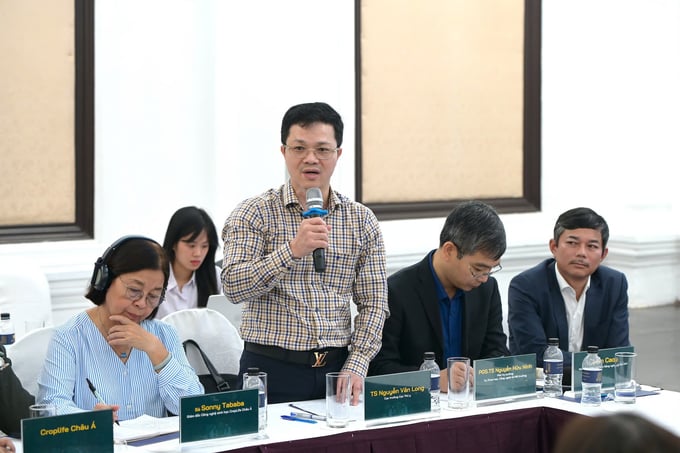
Dr. Nguyen Van Long, Director of the Department of Animal Health, shared the role and contributions of biotechnology to the Vietnamese veterinary industry. Photo: HT.
During the forum “Achievements and directions for the application of biotechnology in sustainable agricultural development in the context of international integration", Director of the Department of Animal Health, Nguyen Van Long, emphasized: “Vietnam can take pride in producing many vaccines for disease prevention in livestock, including the most complex vaccines, particularly those for avian influenza and African swine fever, thanks to mastering science and technology”.
Dr. Nguyen Van Long also shared that the rate of avian influenza vaccine produced in Vietnam accounts for over 60% of the domestic market share, thanks to its effectiveness and the ability to adapt to new vaccine strains. These products not only help protect livestock health but also aid in preventing antibiotic resistance, a pressing issue of global concern.
In addition to vaccine development, biotechnology is also being applied extensively in other areas of the veterinary industry, including diagnostic testing, antibiotic control, and disease management. This is particularly important as Vietnam is one of the 15 largest markets for animal products globally and continuously faces new pathogens from abroad. Each year, at least one new strain of pathogen enters Vietnam, requiring the veterinary system to constantly update and enhance its diagnostic and disease prevention methods.
According to Mr. Long, animal diseases can be divided into two main categories: those that only affect livestock and those that can be transmitted to humans. Notably, Vietnam has recently reported several complex virus strains, such as the H5 avian influenza virus affecting tigers in Dong Nai and Long An, as well as diseases in dairy cows in Lam Dong.
Moreover, one of the biggest challenges facing the Vietnamese veterinary industry is the uncontrolled use of antibiotics in animal feed. Mr. Long emphasized that the abuse of antibiotics not only poses a risk of drug resistance but also creates serious issues for public health and livestock. Therefore, the Department of Animal Health is promoting the replacement of antibiotics with biological products and vaccines in farming to ensure biosecurity in livestock production.
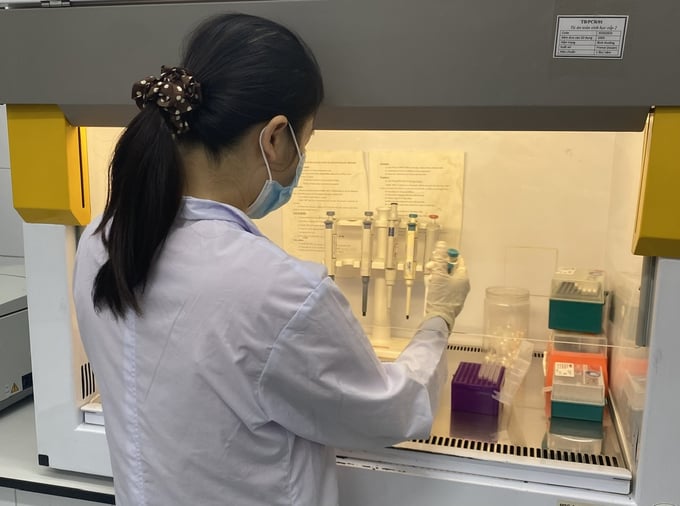
The Animal Disease Diagnosis and Testing Station under the Regional Veterinary Department II (Department of Animal Health) in Hai Phong City. Photo: Hoai Tho.
In particular, in addressing emerging diseases, the Vietnamese veterinary industry cannot do without international cooperation. The continuous reception of advanced technologies and biological products from developed countries has helped Vietnam enhance its capacity for disease management and prevention.
However, the veterinary sector still faces some difficulties related to mechanisms and policies. One major issue is the slow approval process for technology projects, which leads to scientific research not being applied in practice in a timely manner.
“Submitting a technology project under state mechanisms takes a lot of time, which can cause Vietnam's basic research to stagnate”, stated the leadership of the Department of Animal Health, suggesting the need for a more open model between regulatory agencies, scientists, and businesses to bring research into practice more quickly.
In addition, the procurement bidding mechanism is currently a significant barrier for research institutes and veterinary units. The complex and costly processes in terms of both money and time make it difficult to access materials and equipment, directly affecting the progress of research and the production of biological products.
Thus, the application of biotechnology is not only a trend but also a crucial factor that helps the Vietnamese veterinary industry enhance its capacity for disease management, protect livestock health, and ensure safety for consumers.
“If there is no change in management and policy, the Vietnamese veterinary industry will struggle to compete and keep up with scientific and technological advancements worldwide”, affirmed the leadership of the Department of Animal Health.
Translated by Phuong Linh

(VAN) On May 27, La French Tech Vietnam (the French startup and innovation community in Vietnam) held the French Tech Summit Vietnam 2025.
/2025/05/27/4731-2-223159_980.jpg)
(VAN) No votive paper, no styrofoam, no plastic bags, no plastic bottles, and no single-use plastic trays are the key rules tourists should keep in mind when visiting Con Dao.

(VAN) In the fight against plastic pollution, Vietnam has been demonstrating a proactive, pioneering, and active role in addressing the greatest environmental challenge today.
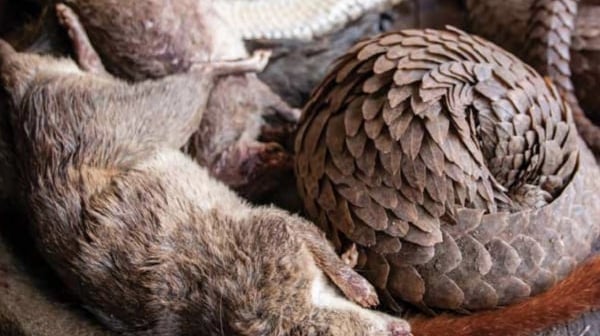
(VAN) The WOAH guidelines provide a vital tool for risk chain analysis, covering the extraction, transportation, consumption, and handling of confiscated wildlife.

(VAN) World Environment Day 2025 is launched by the United Nations Environment Programme (UNEP) with the theme 'Beat Plastic Pollution'.
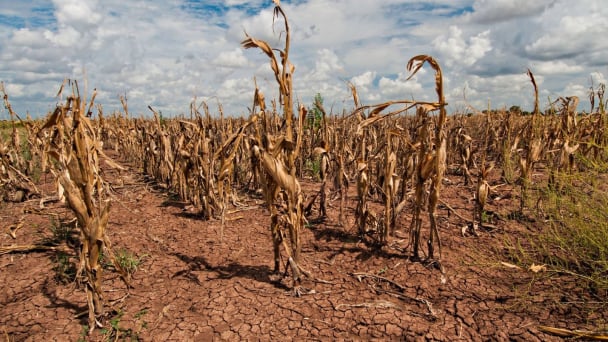
(VAN) As climate whiplash reshapes yields, experts say data-driven tools and targeted relief are critical to feed America.
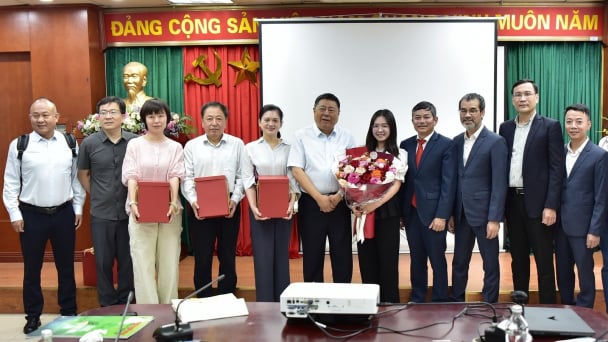
(VAN) The alignment in goals and operational direction between the Vietnam Agriculture and Nature Newspaper and Shaanxi Daily opens up promising prospects for journalism and media cooperation.